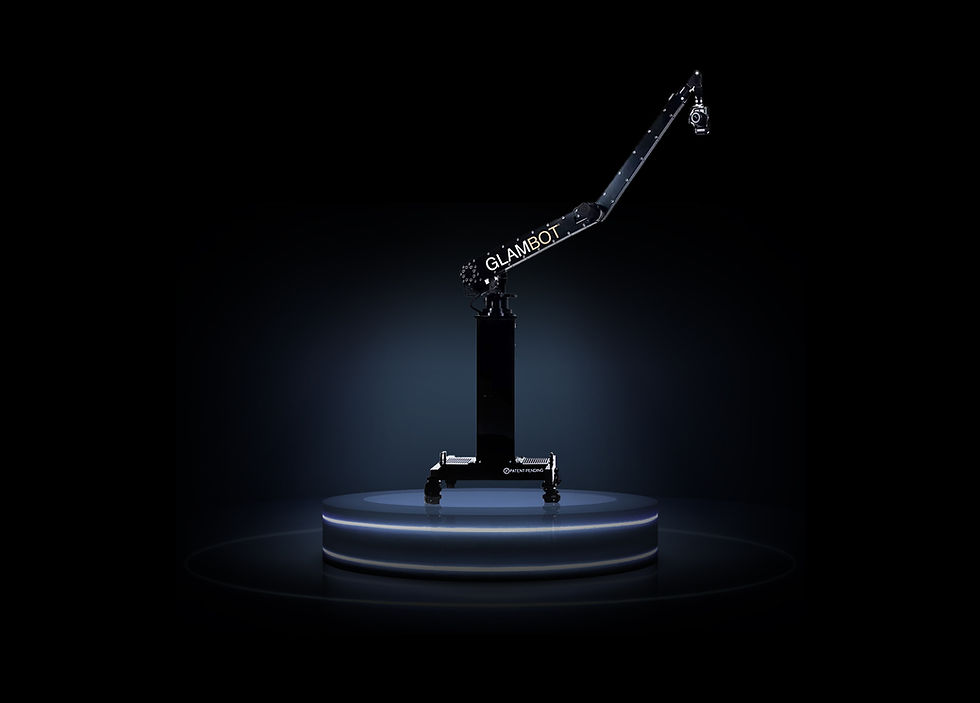Hologram Displays Are Reshaping How India Teaches and Learns
- Marketing@Trzy Innovationz
- Jul 17
- 2 min read
Updated: Jul 21
The classroom has changed, from chalkboards to digital boards, from Zoom calls to AI tutors. And now, holograms are entering the picture.
This year, Galgotias University became the first Indian educational institution to install a hologram display system called Holobox. This marks a significant shift in how educational institutions in India are thinking about communication, engagement and presence, especially in hybrid learning environments.

What Is a Hologram Display and Why Now?
A hologram display projects 3D visuals that appear to float in physical space. Holobox, in particular, delivers life-size human projections that move, speak and interact, no headset or glasses required. Unlike traditional video screens, holograms create a feeling of presence.
For education, this means:
Professors and speakers can deliver sessions remotely but feel physically there
Orientation and course intros can be pre-recorded in 3D, with full realism
Students across campuses can attend the same "in-person" lecture simultaneously
In a time where attention is divided and digital fatigue is real, holograms offer something new: a reason to look up and engage.
Why Galgotias University Went First
Galgotias isn’t just investing in a visual upgrade, it’s rethinking what classrooms can be. By integrating a hologram display system into their setup, they now have the ability to bring:
Remote guest faculty from around the world
Virtual events that still feel human
Consistent content delivery across physical and digital classrooms
It’s not about replacing teachers. It’s about making access easier, faster and more memorable.
A Broader Trend in Education
Holograms aren’t limited to elite institutions. Across India, schools and colleges are exploring:
Virtual labs using 3D models
Holographic demonstrations for engineering, medicine and design
Guest speakers “beamed in” from other cities without travel time
The technology is becoming more accessible and as setups become plug-and-play, it’s expected to reach more institutions, faster than expected.
What Makes Holograms a Smart Investment?
Time-saving: No need to schedule physical travel for guest sessions
Scalable: One recording, used across many locations
Interactive: Viewers feel like someone is present, not just on screen
Memorable: Visuals that stick with students beyond the session
As remote learning continues to evolve, holograms bridge the gap between convenience and connection.
Final Word
Holograms may sound futuristic, but they’re already here, in India’s classrooms. Galgotias University has taken the first leap and many others are sure to follow.
As the education sector looks for ways to create deeper, more meaningful learning experiences, hologram displays may just become the next standard in how we teach and learn.



Comments